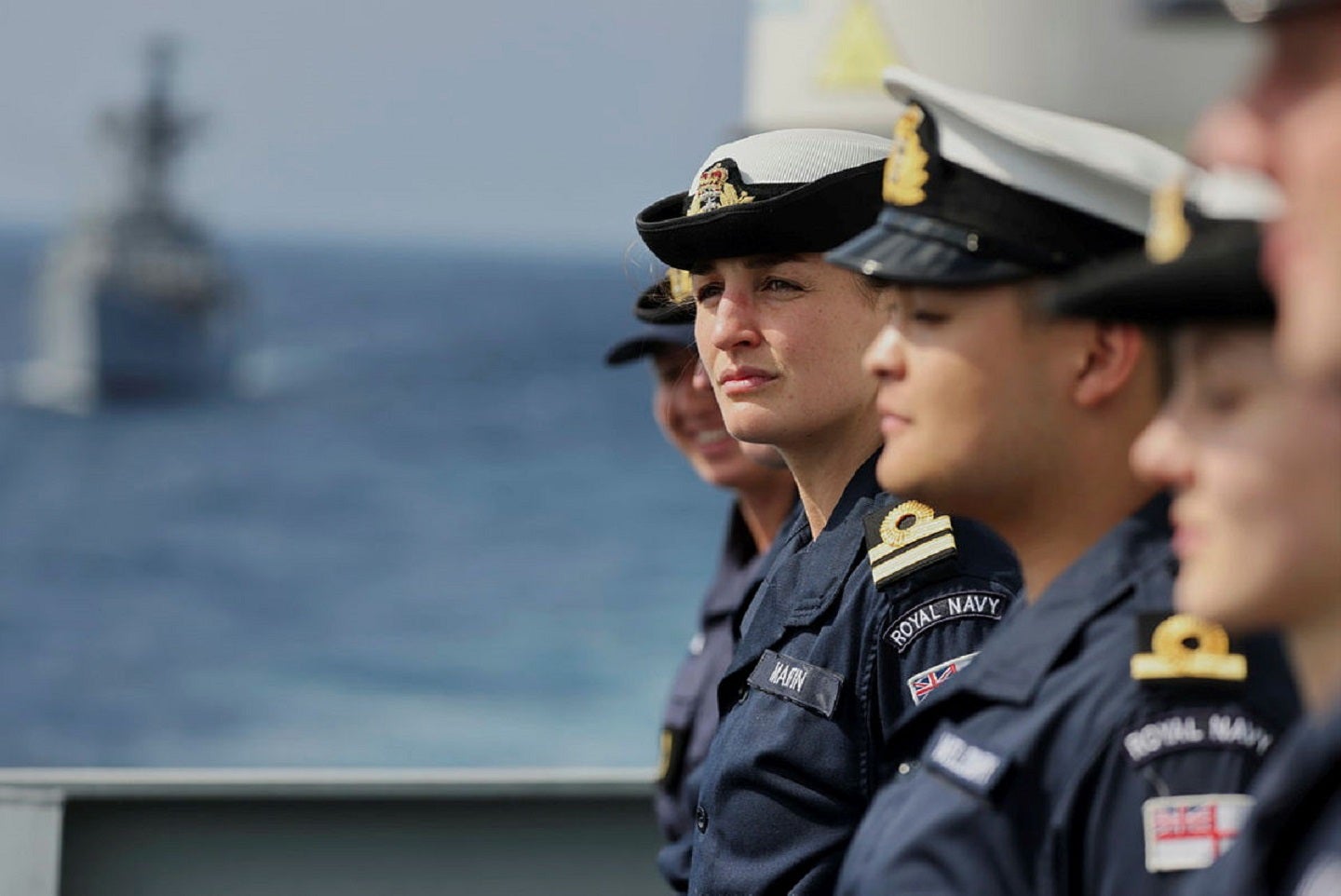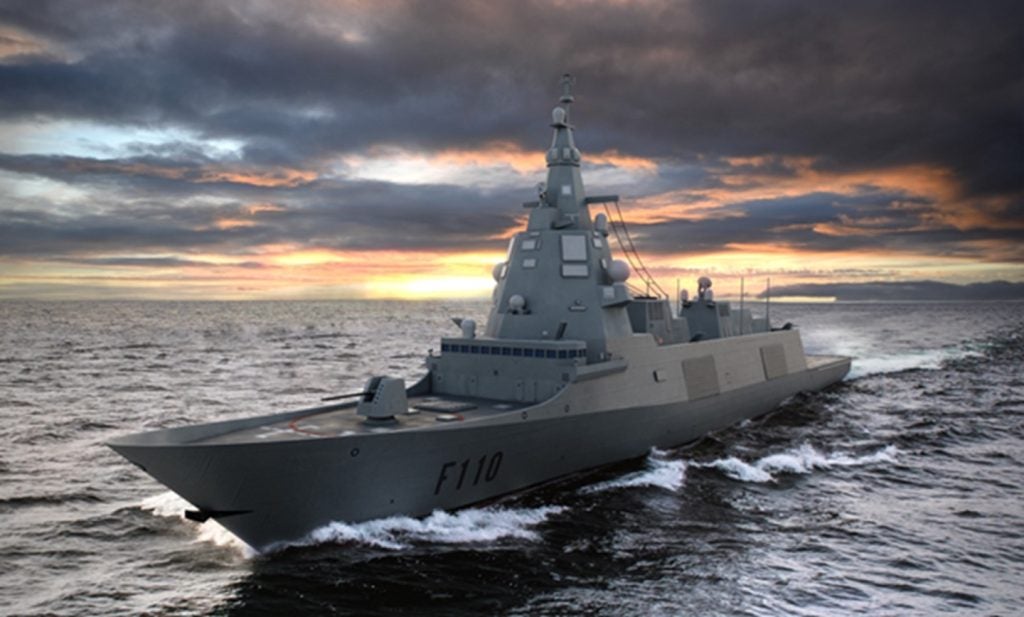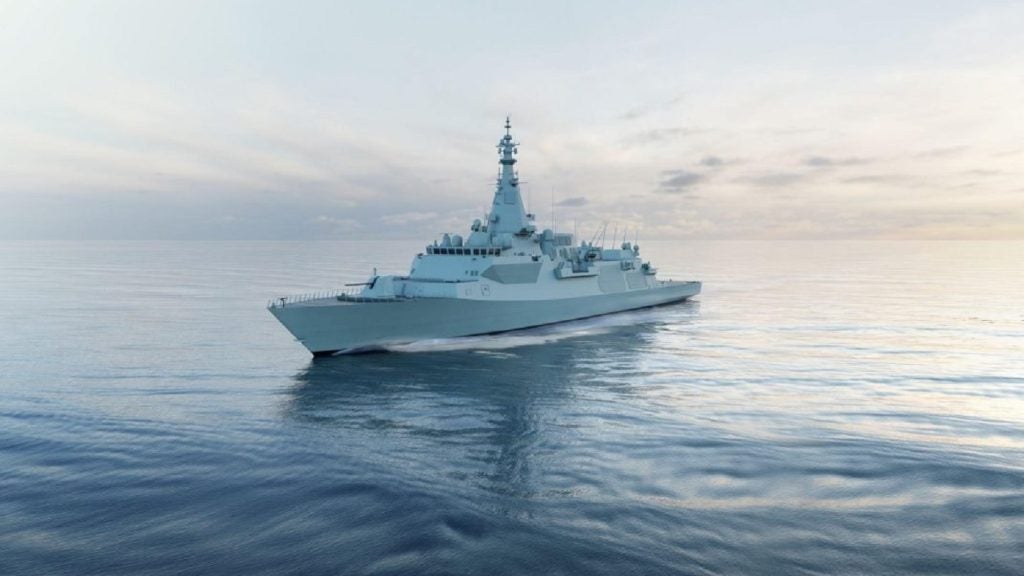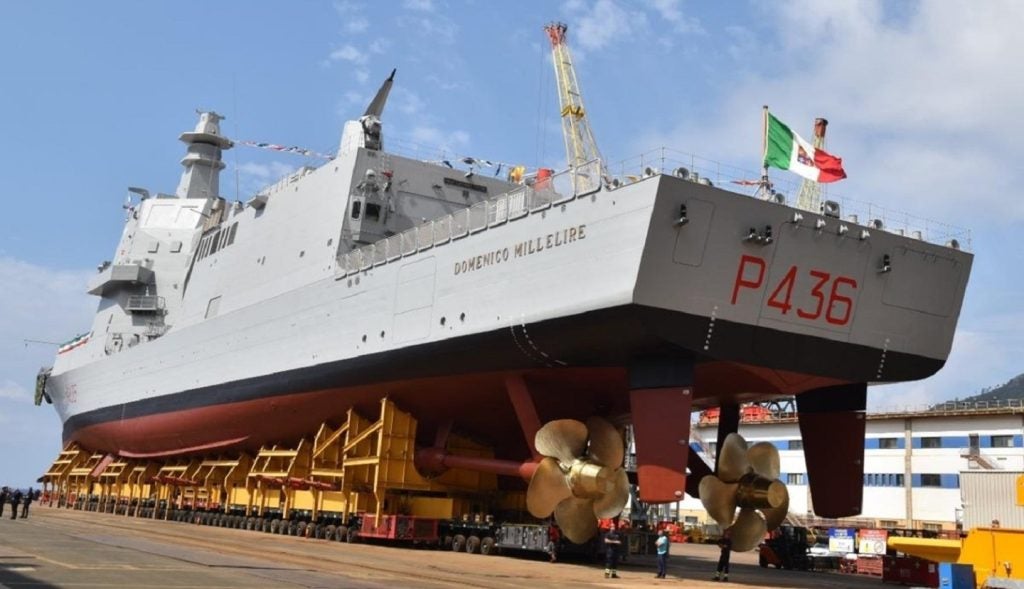
The UK Defence Select Committee questioned Ministry of Defence (MoD) officials about the role of the UK in the Indo-Pacific theatre on 21 March. It was found that the UK is taking a limited diplomatic approach to the current security situation in the region.
The Integrated Review Refresh 2023 (IRR) – the stone tablets detailing the UK’s strategic commandments – offers a unique dichotomy on the UK’s role in the Indo-Pacific that must balance the military capability the UK provides in the region as well as relationship building with partners.
The IRR states that a “core tenet of the UK’s approach in the Indo-Pacific will be to support the vision for a free and open Indo-Pacific shared by many regional partners”.
The text continued: “The UK believes that a free and open Indo-Pacific is one where a regional balance of power ensures no single power dominates, and where a rich tapestry of institutions and partnerships shape a stable but adaptable regional order”.
This understanding places the People’s Republic of China (PRC) as an “epoch-defining and systemic challenge,” according to the IRR. However, this is something that the MoD continues to neglect. British military services are lacking resources and capability, not just for the interdependent deterrence that keeps the PRC in check, but also for the defence of the UK itself.
The Defence Committee meeting attempted to coax MoD officials into confronting the problem of the nation’s insufficient military resources. Baroness Annabel Goldie, Minister of State remarked: “We have to do it with allies and partners. Part of this is not just what fire you can bring to the game, part of it is how you strengthen relationships and how you seek to influence.”
Of course, it is important to build strategic relations with partners in the region in order to work together to maintain shared values for “a free and open Indo-Pacific” through joint industrial enterprises as well as military exercises. However, the coalitionary force is also formed on the interdependence of military capability as a way of checking unlawful practices like the actions of the PRC.
What is crucial here is that there is a difference between functioning interdependently and relying wholly on your allies and partners. The MoD appears to be imbalanced in their inclination toward the latter.
Shortfall of military resources
Brigadier Adrien Reilly, Head of International Security at the MoD, raised the point that “it’s about how we work together more effectively in the region, and that reinforces the point that we’ve got these enabling agreements reached with other countries”.
However, a Defence Committee member replied that this still “admits the point that we are relying on allies to make up for the shortfall that we have”.
To successfully act in accordance with the objectives of the IRR, the UK’s role is found on a combination of military capability and close ties with partners. Creating an imbalance toward the latter raises concerns that the UK plays the part of a paper tiger with its empty gesture, which only serves to tax the coalition’s capability in the region when acting to contain the PRC’s territorial ambitions.
The MoD assured the Committee that a lot of diplomatic action is being taken by bolstering relationships as part of the UK’s Indo-Pacific Tilt, as outlined in the original Integrated Review 2021. Although, the department is still stuck in the “risk-management” stage as the UK lacks the capability to effectively ensure “security” in the region – a key posture transition that the IRR suggests ought to be made.
UK military action so far
Chairman of the Committee, Tobias Ellwood, expressed concern, arguing that the MoD’s soft strategy has “not changed China’s behaviour whatsoever”.
He continued: “It has shown we have tilted to the Indo-Pacific, but we now have one of the carriers stuck in a dry dock, and therefore that has limited how we can use the carrier strike group in the future”.
The UK’s carrier presence in the Indo-Pacific region was also an important assurance the MoD stipulated in its defence cooperation agreement with France on 10 March. Lacking the military capability needed, despite pledging beyond their means, the MoD appears to offer a superficial plan of action for interpreting the role of the UK in the Indo-Pacific.
The MoD cannot be accused of ignoring the UK’s bare arsenal however. Especially considering the investments made toward the new fleet of the first generation of AUKUS nuclear submarines, the Global Combat Air Programme, and other next-generation platform developments. Crucially, however, these grand schemes are too far away for deployment in response to the approaching regional crisis.
The problem the Committee sought to address was that the MoD appears to demonstrate a cavalier attitude toward the geopolitical tension. While the IRR does explain that today’s “international system cannot simply be reduced to ‘democracy versus autocracy’”, the text still clearly identifies the PRC as a threat with the capability to back its ambitions. Meeting the threat as part of a coalition without the necessary capability – or at least the resources the UK has already pledged to their partners like France – is a reckless effort.
The Royal Navy patrol vessel, HMS Tamar, operating in British Indian Ocean territory, was incorporated into an international naval exercise, the French-led La Perouse. To concerns that this River-class vessel is not enough to deter China, Baronness Goldie replied “it would be quite wrong to diminish the effect that [HMS Tamar and HMS Spey] have had in the region… They have actually been, in their own way, doing some very heavy lifting”. While that may be the case, the fact remains that the UK’s presence is very limited – far beyond the superficial strategy the MoD has constructed and cultivate with its partners.
Interpreting the IRR strategy on the UK’s role in the Indo-Pacific will remain a source of contention as the region approaches potential hostilities. There is a balancing act that needs to be weighted proportionately to constitute the UK’s objective for an effectual presence in the region.








